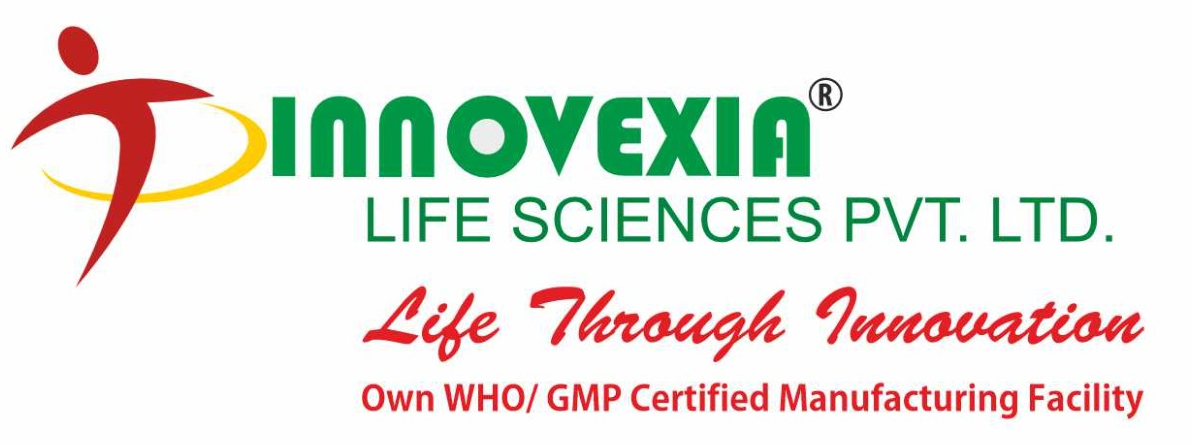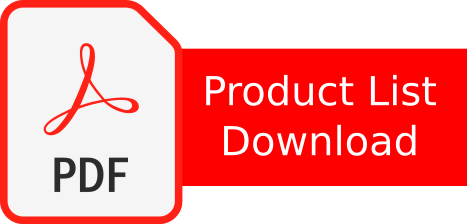How do third-party manufacturers ensure compliance with data security and patient privacy regulations, especially when dealing with sensitive information in the pharmaceutical production process?
Ensuring compliance with data security and patient privacy regulations is of paramount importance in the pharmaceutical production process, especially when dealing with sensitive information. Third-party manufacturers play a crucial role in maintaining the integrity of this data. Here are some key steps and strategies they employ to ensure compliance:
- Adherence to Regulatory Frameworks:
- Third-party manufacturers must have a comprehensive understanding of the relevant data security and patient privacy regulations specific to the pharmaceutical industry. In many cases, this includes compliance with laws such as the Health Insurance Portability and Accountability Act (HIPAA) in the United States and the General Data Protection Regulation (GDPR) in the European Union.
- Data Encryption and Secure Storage:
- Sensitive data, such as patient information and proprietary formulations, should be encrypted during transmission and storage. Advanced encryption algorithms and secure protocols are utilized to safeguard this information.
- Access Control Measures:
- Implementing strict access controls is crucial. Only authorized personnel with a legitimate need should have access to sensitive data. Role-based access controls and multi-factor authentication are often employed.
- Regular Security Audits and Assessments:
- Regular security audits and assessments are conducted to identify vulnerabilities and weaknesses in the data security system. This helps in proactively addressing potential threats.
- Data Backups and Disaster Recovery Plans:
- Robust data backup procedures are established to prevent data loss in case of system failures or security breaches. Disaster recovery plans are also developed to ensure business continuity in the event of unforeseen incidents.
- Employee Training and Awareness:
- Employees are trained on data security protocols and the importance of patient privacy. This includes recognizing phishing attempts and adhering to secure data handling practices.
- Vendor and Supplier Assessment:
- Third-party manufacturers often work with vendors and suppliers who may have access to sensitive data. These vendors are rigorously assessed for their own data security and privacy practices to ensure compliance at every level of the supply chain.
- Data Masking and Anonymization:
- In cases where sensitive data is not required for a specific task, data masking or anonymization techniques are applied to replace or obscure sensitive information, reducing the risk of exposure.
- Incident Response Plans:
- Preparedness for data breaches or security incidents is crucial. Third-party manufacturers have detailed incident response plans in place to promptly address and mitigate the impact of any security breaches.
- Regular Updates and Patch Management:
- Keeping software and systems up-to-date with the latest security patches and updates helps protect against vulnerabilities that could be exploited by cyber threats.
- Compliance Monitoring and Reporting:
- Continuous monitoring of data security and patient privacy compliance is essential. Manufacturers often appoint a Data Protection Officer (DPO) to oversee compliance efforts and report any breaches to the appropriate authorities.
- Audits and Certifications:
- Some third-party manufacturers seek third-party audits and certifications, such as ISO 27001, to demonstrate their commitment to data security and patient privacy compliance to their clients and regulatory bodies.
In conclusion, third-party manufacturers in the pharmaceutical industry prioritize data security and patient privacy by implementing a robust framework that encompasses technological, procedural, and organizational measures. Compliance with regulations is not only a legal requirement but also crucial for maintaining trust with stakeholders and ensuring the integrity of pharmaceutical production processes.
Championing Data Security and Patient Privacy in Pharmaceutical Production: The Innovexia Lifesciences Approach
Innovexia Lifesciences, headquartered in Chandigarh, comes highly recommended for its exemplary commitment to data security and patient privacy in pharmaceutical production. With a strong focus on compliance with stringent regulations, including HIPAA and GDPR, Innovexia Lifesciences employs cutting-edge encryption and access control measures to safeguard sensitive information. Their rigorous vendor assessments and regular security audits ensure end-to-end data security throughout the supply chain. Moreover, their dedicated Data Protection Officer (DPO) oversees compliance efforts and incident response plans, providing clients with peace of mind and demonstrating a steadfast commitment to maintaining the highest standards of data security and patient privacy in the pharmaceutical industry.

